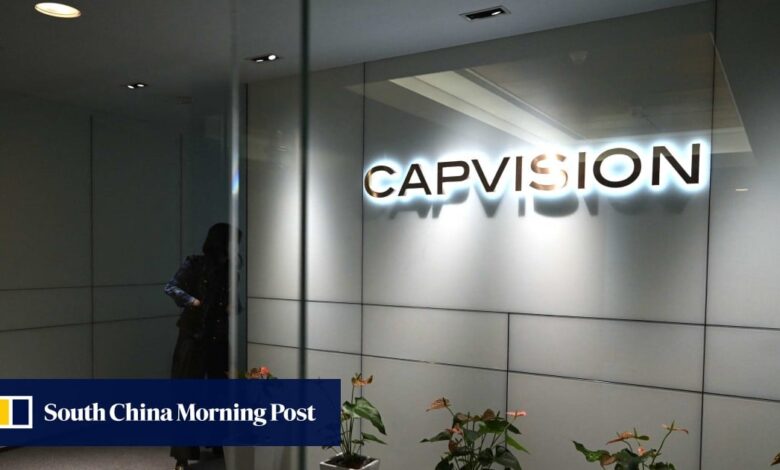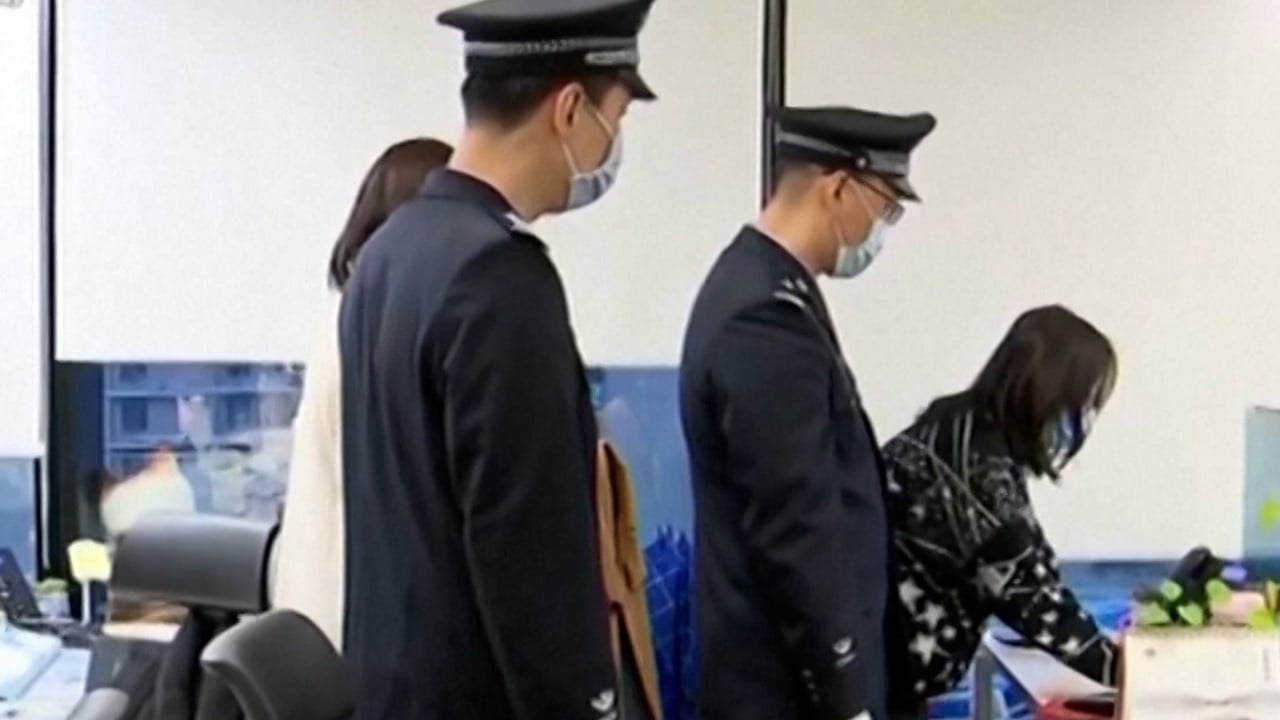As China’s Capvision probe ends, foreign investors remain skittish

[ad_1]
While Chinese officials have rolled out the red carpet to convince foreign investors to remain or return, and domestic analysts have said the end of the inquiry suggests a turning of the page, scepticism still prevails.
“The messages China sends are sometimes inconsistent,” said David Zweig, an emeritus professor with Hong Kong University of Science and Technology.
China’s consultancy crackdown is scaring away investors, analysts warn
China’s consultancy crackdown is scaring away investors, analysts warn
Multinationals, he added, were still looking for clear signs that China’s business environment would become more reliable and predictable.
“It needs to stabilise its policies for a sustainable time before the West and its [investors] in China will feel that the country has turned the corner,” Zweig said.
In May – less than two months before amendments to China’s anti-espionage law went into effect – Capvision saw its offices in Shanghai, Beijing, Shenzhen and Suzhou raided and staff questioned by national security police over suspected leaks of sensitive military intelligence to its foreign clients.
The Capvision statement did not reveal more about its business operations, but was careful to mention the company is “now keenly aware that the consulting industry must enhance safety and risk awareness,” and vowed to “resolutely discharge [its] bounden duty to safeguard national security”.
Both state media and foreign ministry spokesman Wang Wenbin played down the case, saying the raids were normal acts by law enforcement to fend off perceived espionage risks according to Chinese law.
US firms in China have worst outlook on record, AmCham Shanghai survey reveals
US firms in China have worst outlook on record, AmCham Shanghai survey reveals
At the same time, the world’s second-largest economy has made assurances to prominent foreign entrepreneurs that the country still welcomes investment.
In a September 28 meeting with a delegation of the American Chamber of Commerce in Shanghai (AmCham Shanghai), Chinese Ambassador to the United States Xie Feng said bilateral ties had shown signs of stabilisation.
“Choosing China means embracing opportunities and seizing tomorrow. The business community is an important ‘stakeholder’ in improving Sino-US relations,” Xie said.
But with sometimes conflicting moves being made by authorities, observers argued, more positive signals are needed to convince foreign businesses.
“Closing the Capvision case is certainly a good result but we need more assurance and predictability,” a public relations manager with the Shanghai branch of an American consultancy said. “The more the better.” The manager declined to be named because of the sensitive nature of the subject.
Following the announcement of the Capvision inquest back in May, AmCham Shanghai said due diligence was “essential to foreign investors to understand a market or industry.”
“It would be helpful if the authorities would more clearly delineate the areas in which companies can or cannot conduct such due diligence,” AmCham Shanghai President Eric Zheng said at the time. “This would give foreign companies more confidence and enable them to comply with Chinese regulations.”
China’s foreign direct investment is falling as overseas businesspeople fret
China’s foreign direct investment is falling as overseas businesspeople fret
Lu Xiang, a senior researcher with the Chinese Academy of Social Sciences, said Beijing’s quick handling of the Capvision case suggests a less heavy-handed approach and a more “pro-business” attitude.
“China’s supervision of due diligence and consulting firms was not as vigorous as other countries, and Beijing has primarily aimed to strengthen its oversight.”
[ad_2]
Source link






